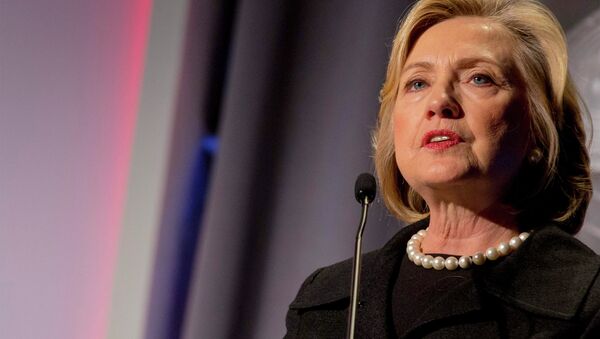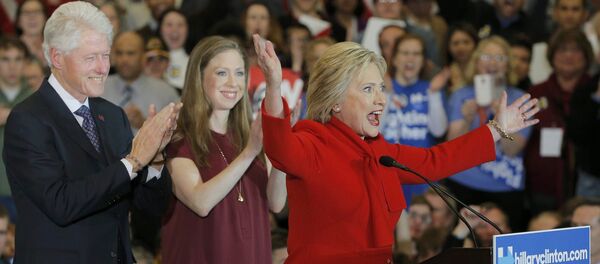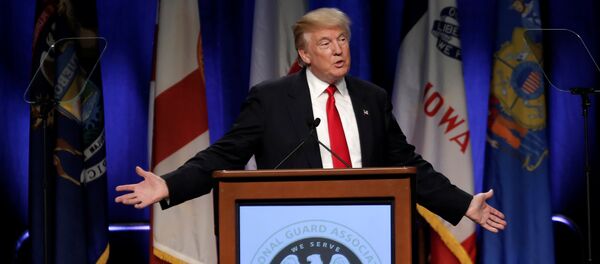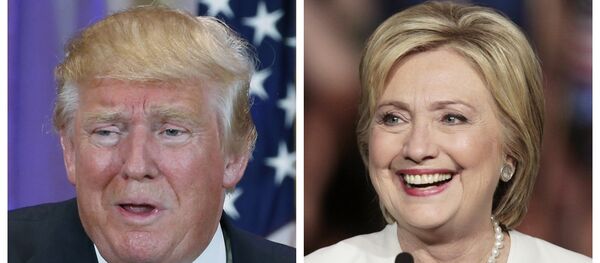Clinton's record suggests that should she be elected the next US president in November "she's looking forward to being a war president on day one," Micah Zenko, a senior fellow with the Center for Preventive Action at the Council on Foreign Relations, said. "By any reasonable measure, Clinton qualifies as a hawk, if a nuanced one."
True, Clinton is well-known for championing America's infamous invasion of Iraq and NATO's intervention in Libya.
Clinton was also "instrumental in NATO's 2011 war in Libya, which resulted in the ousting of Muammar al-Qaddafi and the complete destruction of Libya, a country that previously had the highest standard of living on the African continent," independent writer, researcher and geopolitical analyst Steven MacMillan asserted in a recent piece for the New Eastern Outlook added.
"Make no mistake about it: she is a neocon and a war hawk," he added.
The Obama administration has been notorious for embracing covert drone wars in the Middle East and Hillary Clinton was no exception. "As Secretary of State, Hillary Clinton wholeheartedly backed the drone campaigns in Pakistan and Yemen," Steve Coll wrote for the New Yorker in November 2014.
It is this record that has helped to forge a perception of Clinton as a politician with a "bias toward action," writer Kevin Sullivan noted.
Republican presidential nominee Donald Trump recently used this assumption to attack Hillary, describing her as "trigger-happy." He further said that "sometimes it seemed that there wasn't a country in the Middle East that Hillary Clinton didn't want to invade, intervene in, or topple."
Recent polls show that Americans have grown tired of Washington's overseas adventures, with 57 percent of respondents saying that the US should focus on tackling challenges at home, a Pew Research Center survey showed. Only 37 percent of Americans think that the US should help other countries in solving their problems.
"With a likely unfriendly Congress determined to push back against Obama's signature policy achievement in the region, last year's nuclear agreement between Iran and six world powers, Clinton would probably be a president locked in by the decisions of her predecessors and by an American public with little appetite for more costly foreign adventures in the Middle East," Sullivan observed.
Hillary Clinton's foreign policy will also be dependent on her fiscal priorities.
"She wants to expand domestic spending and entitlements in a way that would inevitably starve defense," the WSJ observed. As a result, "her likeliest path as president is continuing to retreat at a somewhat slower pace."





